How We Calculate the 96%
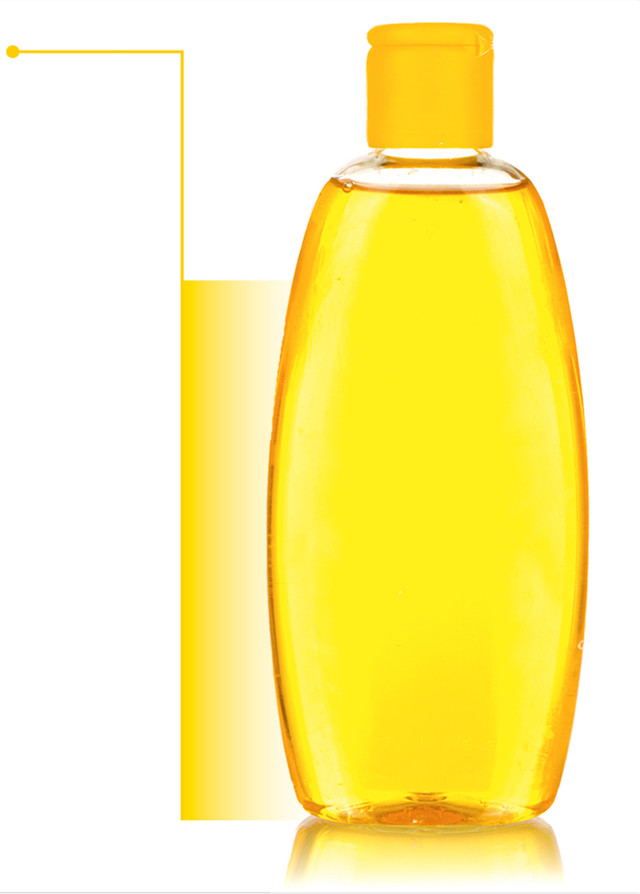
There is no regulatory definition of "Naturals" so we sought out to exceed the top standards in the world.
Since there is no regulatory definition of “natural,” we follow the only independent international standard for naturals in cosmetics—the International Organization for Standardization (ISO). According to the ISO/DIS 16128, “natural origin” refers to ingredients that are more than 50% from natural sources, such as plants or minerals.
Based on that definition, over 96% of the ingredients in our washes, lotions, shampoos and conditioners are of natural origin. (That’s average cumulative volume, including water.)
We know natural ingredients aren’t always safe for baby in their natural form. So before we add them to our products, we put them through a series of steps in order to:
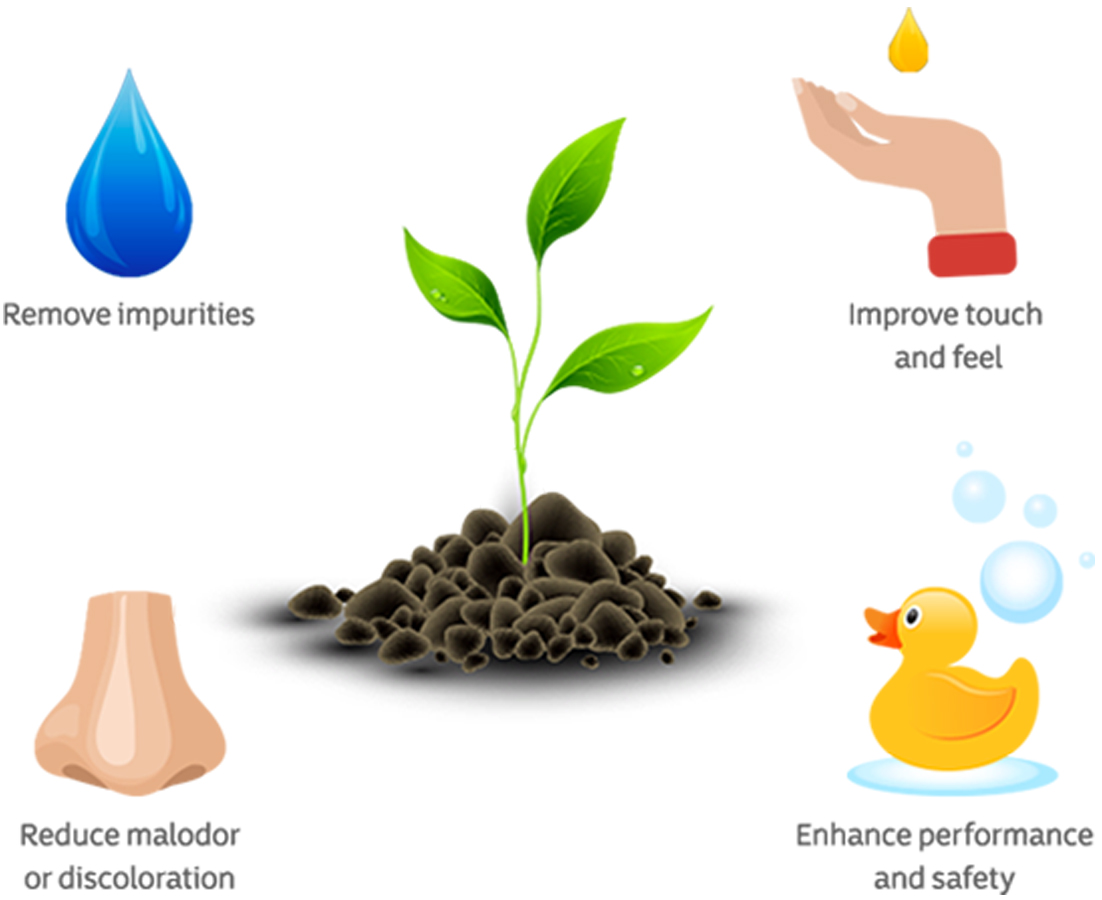
A few reasons why we have the other 4%
We use the following in our products for their specific benefits:
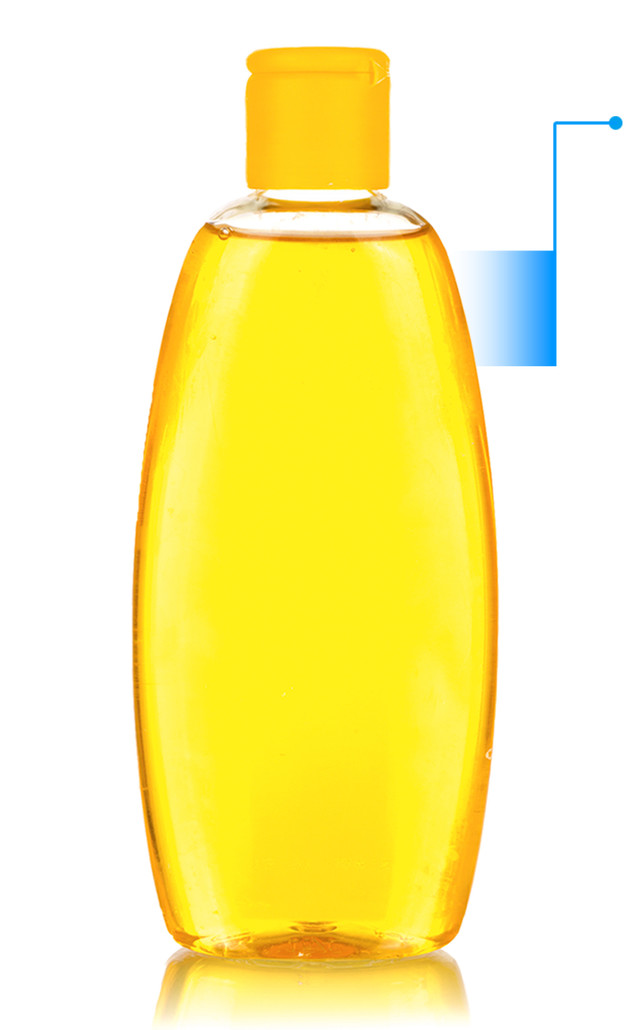
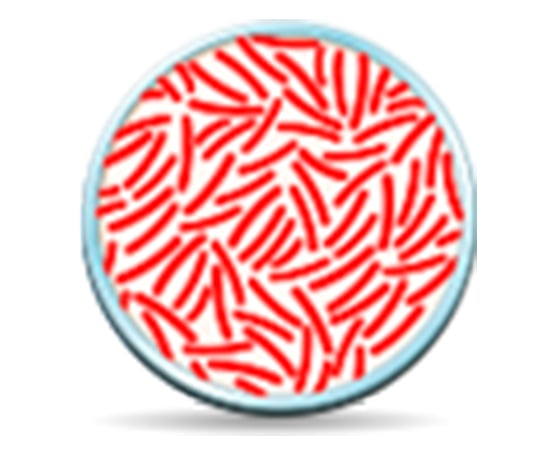 Preservatives are critical to prevent mold and bacteria from growing and harming your baby.
Preservatives are critical to prevent mold and bacteria from growing and harming your baby.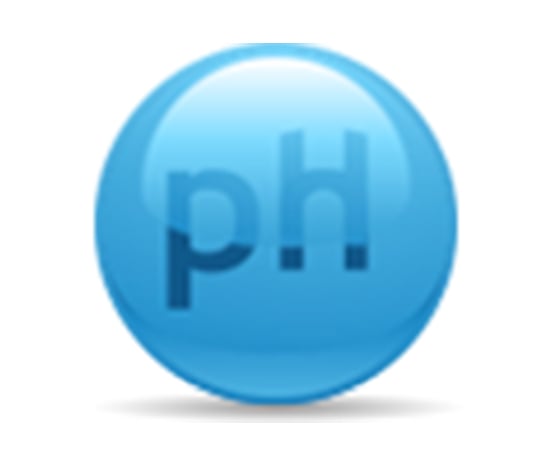 Citric acid and sodium hydroxide balance the pH levels of our products with the pH of your baby’s skin—which is essential for functioning of skin enzymes, skin repair processes and protection against infection.
Citric acid and sodium hydroxide balance the pH levels of our products with the pH of your baby’s skin—which is essential for functioning of skin enzymes, skin repair processes and protection against infection.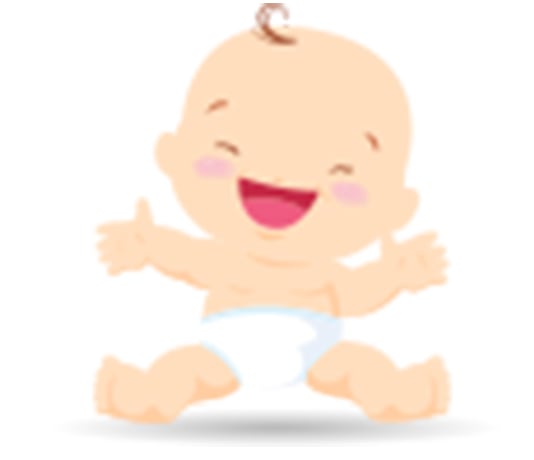 Skin conditioning agents help to soothe skin while hair conditioning and antistatic agents help prevent moisture loss and keep hair looking and feeling healthy.
Skin conditioning agents help to soothe skin while hair conditioning and antistatic agents help prevent moisture loss and keep hair looking and feeling healthy.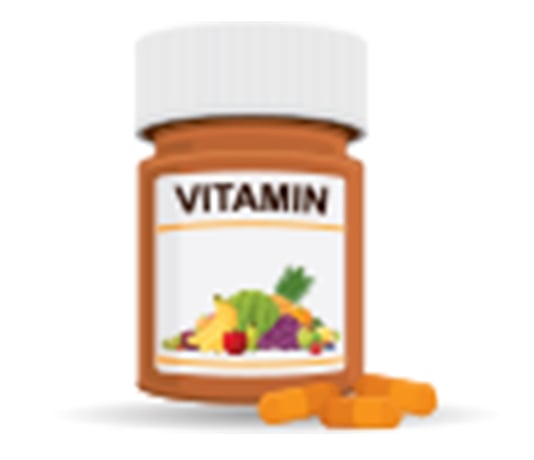 Vitamins and antioxidants help keep your baby’s skin safe by preventing products from oxidizing and creating free radicals.
Vitamins and antioxidants help keep your baby’s skin safe by preventing products from oxidizing and creating free radicals.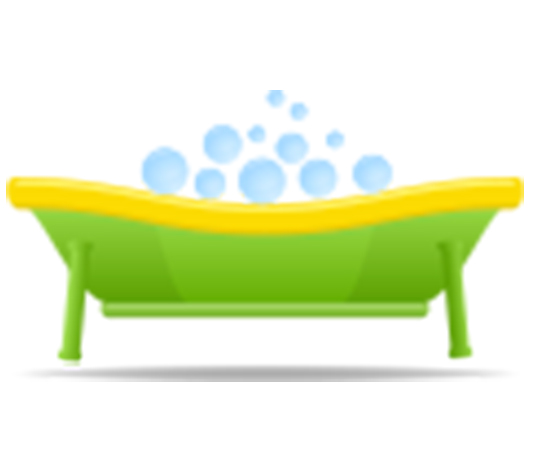 Fragrances help sensorial development and make bath time fun.
Fragrances help sensorial development and make bath time fun.
- While there may be natural alternatives to some of our synthetic ingredients, each comes with a tradeoff.
- For example, some plant-based ingredients like essential oils often introduce higher levels of allergens. Regardless of whether an ingredient is of natural origin or synthetic, we only use ingredients that have passed our strict safety assurance process and that are verified by outside doctors, nurses, scientists and tested with over 550,000 volunteers around the world.





